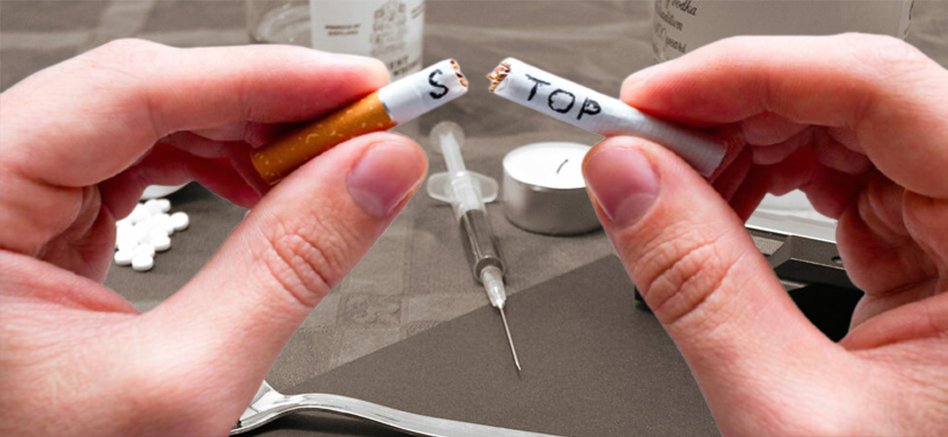
How to Avoid Drug Addiction?
A loved one who drinks alcohol can be painful and emotional. We know in your heart that you need the help of the person. But every attempt to encourage them can be frustrating or indifferent. Moreover, the police do not have the power to respond to alcohol unless it is for a crisis such as a DI, a car accident or the arrest of a drunkard.
This means facing a crisis before taking action. According to the National Institutes of Alcoholism and Alcoholism, there are eight things you can do to influence the change to love:
1. Stop all rescue attempts.
Family members often try to drink alcohol because of his or her behavior. Making excuses for others or helping with alcohol-related jams. If you really want to help an alcoholic, it is important to stop all rescue efforts so that you can take full weight and responsibility for his or her actions. Without this, there can be no real incentive for change.
2. Do your intervention.
Plan to shorten your talk after an alcohol-related event. It could be an alcohol dispute or a family embarrassment. Also, you two have a calm mind and can talk privately without interruption of time.
3. Be specific.
Tell a family member that you care about your or her drink. Help is needed to find an occupational therapist. Focus your attention on examples of how a person’s drinking was interrupted or harmed. Do not do so without anger or judgment. But do not say what needs to be said.
4. State the consequences.
Tell the family member until he or she gets help. Bringing definite consequences. If he or she has been drinking or has left the home, the person refuses to enter the home. Do not threaten that you are not ready to go.
Also, do not try not to punish the person you love, but you need to protect yourself from the ill effects of alcohol.
5. Get ready to act.
Gather information in advance about local treatment or rehabilitation facilities. If the person agrees to seek help from the person, call an appointment with a treatment consultant immediately. Offer to rehabilitate or attend the first AA meeting with the audience.
6. Call a friend.
If your loved one still does not need help, contact a friend or family member. (This is especially useful if the person is recovering from alcoholism) In many cases, third-party care and the encouragement of an unmistakable person make a difference in the world. Finally, one intervention may require one or more interventions.
7. Find the power of numbers.
Some families decide to intervene with the help of an occupational therapist.
Although this approach is effective, it should only be attempted under the guidance of an experienced therapist for group interventions.
8. Help yourself.
Even with the help of those who seek your love, you can still benefit from the encouragement and help of others in your situation. There are support groups in many communities, including Al-Anon, and they hold regular meetings for spouse and other adults.
Family members should understand that alcohol is not responsible for their drinking and should be concerned about whether or not they should drink alcohol.